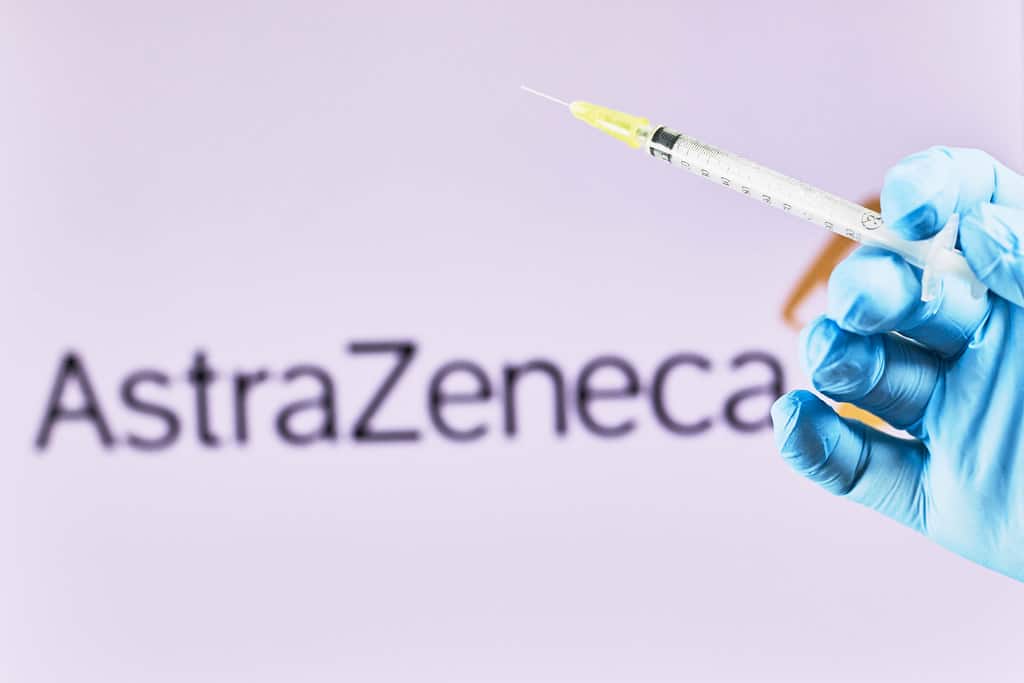Cork South West Deputy Christopher O’Sullivan will meet with Education Minister Norma Foley in the coming weeks to discuss the implementation of sustained, individual and intensive emotional counselling and therapeutic supports in primary and secondary schools.
Deputy O’Sullivan will meet minister Foley along with Minister of State for Mental Health Mary Buttler, as well as members of Ógra Fianna Fáil, to discuss wide-ranging supports for vulnerable children.
“In my capacity as parliamentary party liaison with Ógra, many members who are still in secondary school, or are not long out of secondary school, have expressed serious concern over the lack of emotional counselling and therapeutic supports at both the primary and secondary level,” Deputy O’Sullivan said.
“Some of them shared their own experiences where the loss of a loved one, or following another traumatic experience, they had little or no supports available to them. These situations are being exacerbated further by the fact we’re in the middle of a pandemic.
“With the added stress of COVID, children are finding it hard to cope. The fact minister Foley has agreed to meet us is a huge step.” Emotional counselling and therapeutic supports are widely available at third level, but there is little to no early intervention in our primary and secondary schools. “Trauma doesn’t start at 18,” Deputy O’Sullivan said.
“Ireland is way behind other EU countries on this. Belgium, Germany and Sweden, for example, all offer counselling and supports to help those suffering from serious emotional distress. EU nations like Croatia and Bulgaria already have laws in place to provide for emotional counselling and psychological support.
“There’s a complete lack of trauma counselling and supports for kids who have suffered bereavement, particularly during COVID.”
The aim of the meeting is to establish what supports can be drawn on and what supports may need to be created to aid children suffering trauma, anxiety or adverse childhood experiences. These include, but are not limited to, domestic abuse, substance abuse in family, physical neglect, mental illness in family, loss of parent through death, abandonment or incarceration, sexual abuse, emotional abuse, homelessness, poverty, bullying or being placed in state care.


